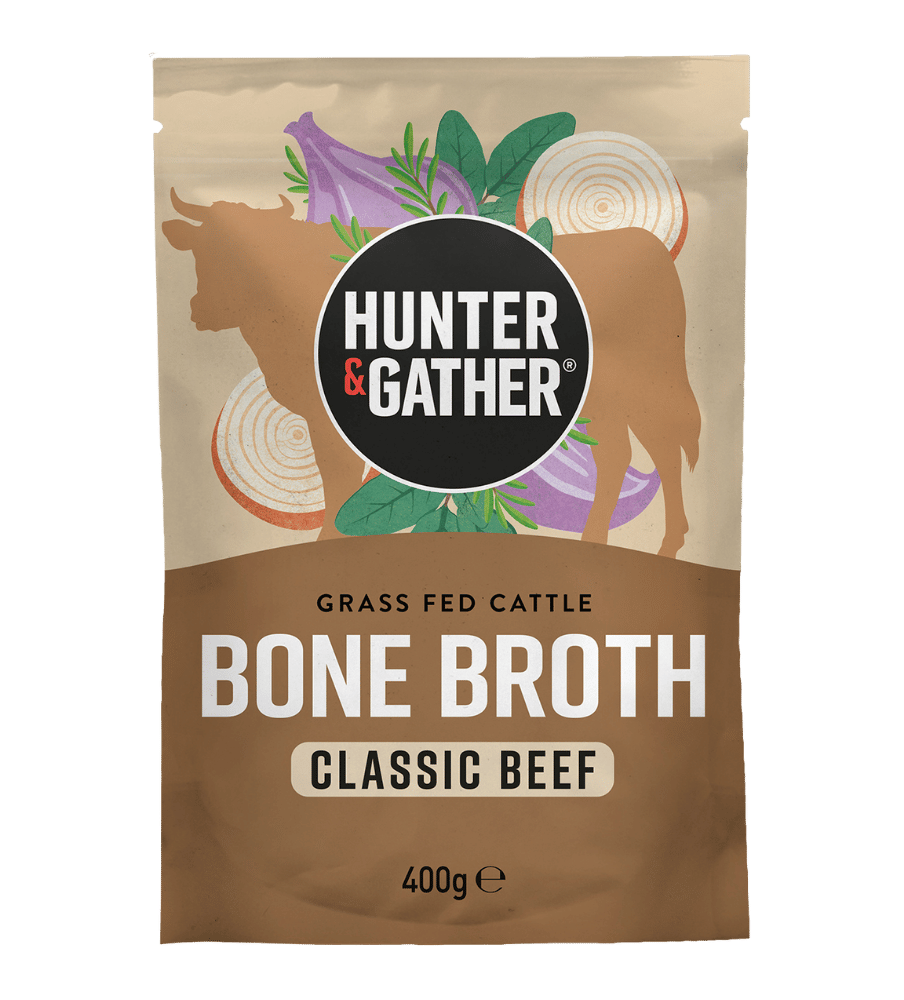-
 Bone Broth
Bone Broth
-
 Collagen
Collagen
- New Arrivals
- Rewards
- Help
-
Shop All Products
354,000+ Happy Customers

We pride ourselves on the quality, research, and transparency we put into every article.